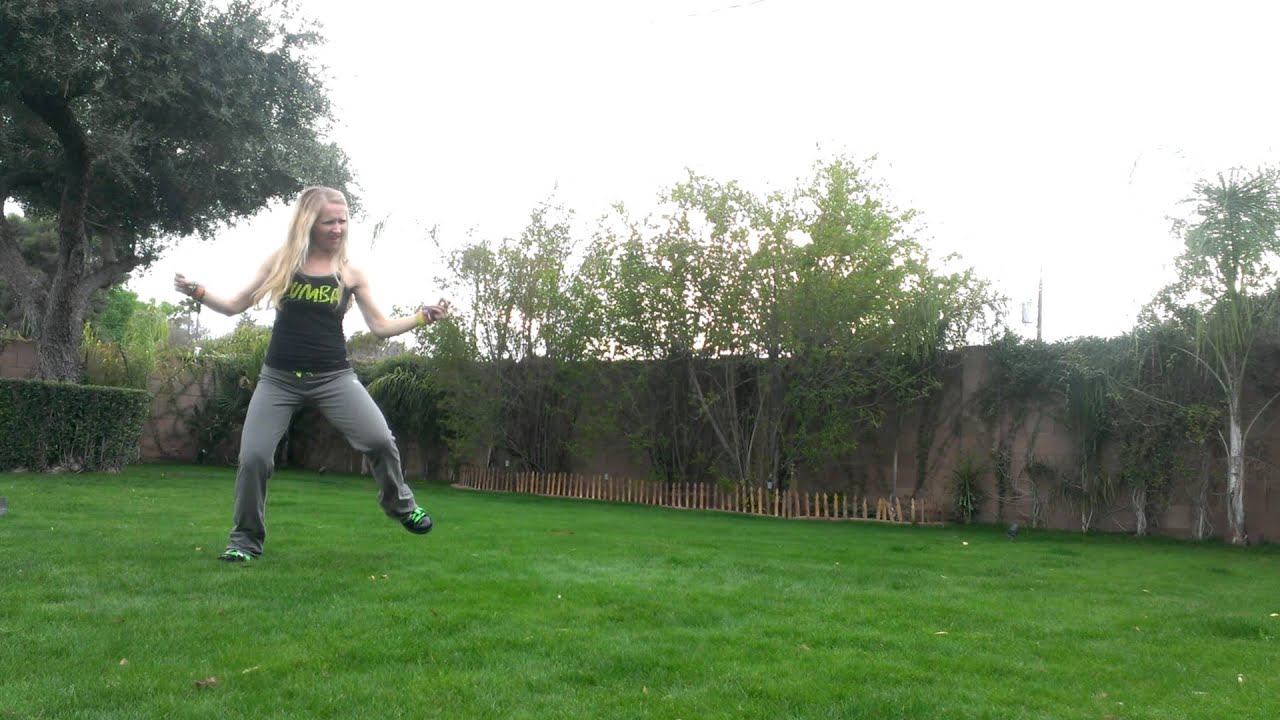There are many ways to stimulate the hippocampus even in old age.
My favorite way is to do Zumba dancing which involves the entire body. In contrast to repetitive exercise, Zumba dancing provides a constantly-changing series of fast-moving steps to music. Each song has a routine which is repeated 3 times. The hippocampus (short-term memory) remembers the pattern which makes it easier to follow the instructor’s steps. The music is so fast and the steps are so complex that memorizing the dance helps.
This is an especially good routine because some of the steps cross the center-line of the body, forcing the brain to signal across the corpus callosum. Try it – and don’t trip over your own feet!
Here is a Zumba toning routine that uses weights so the music is slower.
https://hms.harvard.edu/news-events/publications-archive/brain/dancing-brain
A 2003 study in the New England Journal of Medicine by researchers at the Albert Einstein College of Medicine discovered that dance can decidedly improve brain health. The study investigated the effect leisure activities had on the risk of dementia in the elderly. The researchers looked at the effects of 11 different types of physical activity, including cycling, golf, swimming, and tennis, but found that only one of the activities studied—dance—lowered participants’ risk of dementia. Dance interventions, lasting between 10 weeks and 18 months, were related to either the maintenance or improvement of cognitive performance.
Maintaining fitness as we age includes these important factors:
- Strength. Weight-bearing exercise.
- Flexibility. Yoga.
- Nervous system/ brain workouts/ cardiovascular. Zumba.
- Balance. Tai chi. It’s actually harder to maintain balance during the slow moves of tai chi than the fast moves of Zumba.
- Relaxation. Meditation and sleep.
Wendy
